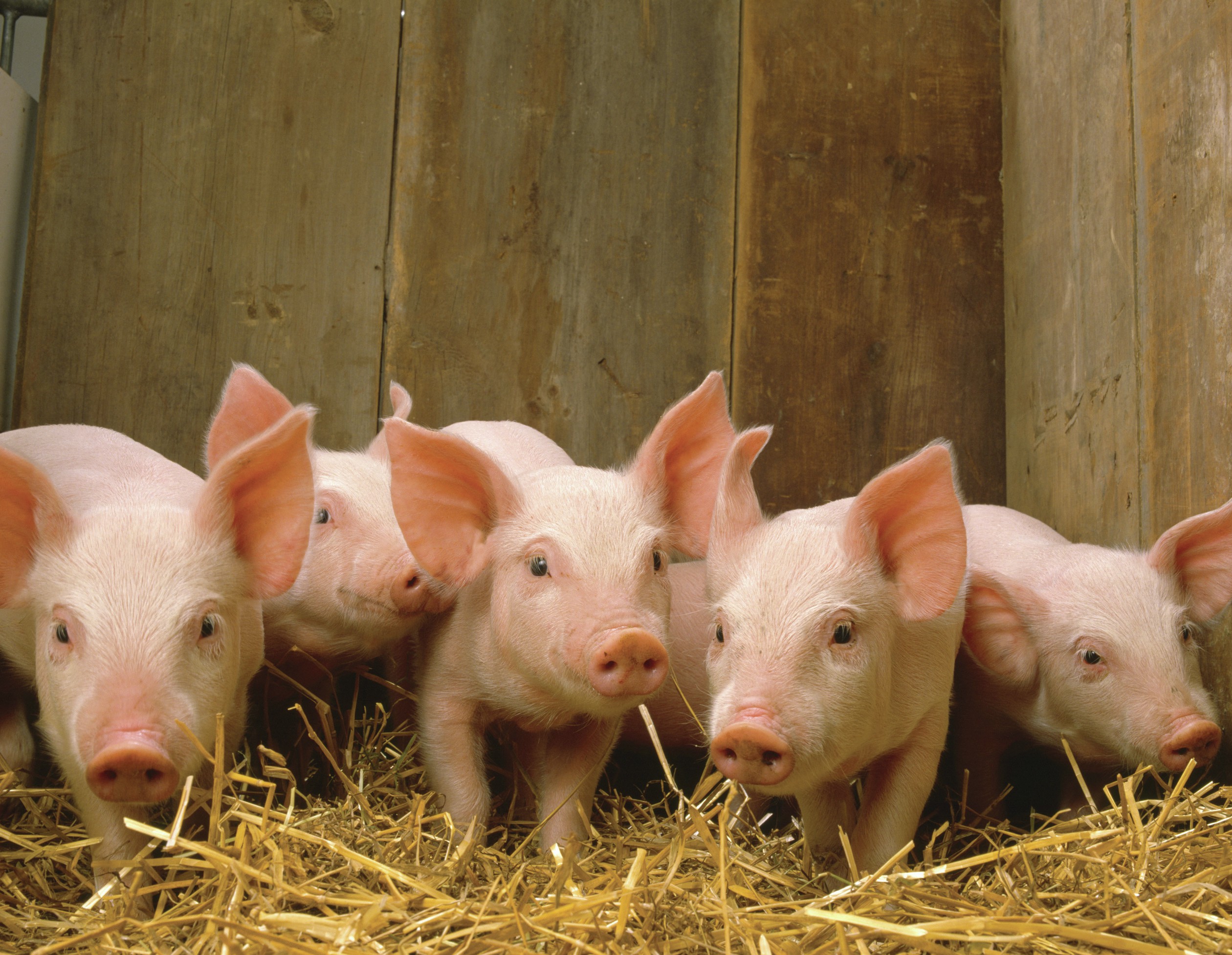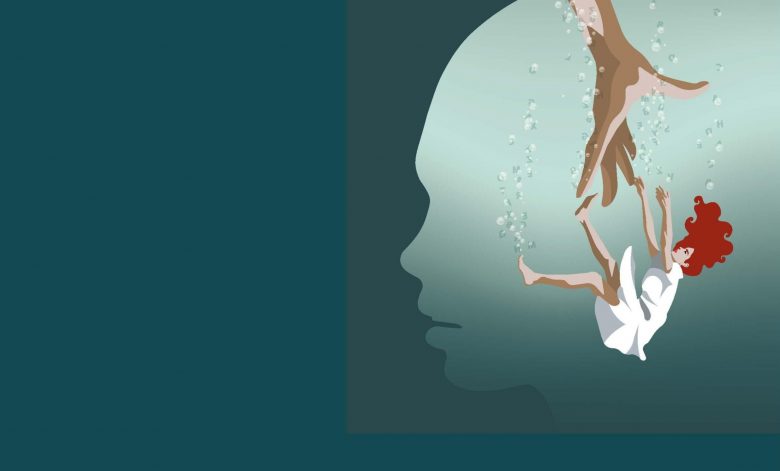
A global flu pandemic — swine flu — is now taking hold all over the world, causing responses ranging from mild alarm to full-blown panic for individuals, families and communities. On 11 June 2009, the World Health Organization (WHO 2009) raised the level of swine flu to six, which means that it is a global pandemic (the first flu pandemic for more than 40 years). On the positive side, it is now clear that health care experts anticipated this development and have made contingency plans. On the negative side, we still do not know whether the virus will mutate further — into bird flu, for example. Should this occur, the consequences will be far more serious in terms of morbidity and, indeed, population-wide mortality.
So what do the words ‘swine flu’, ‘bird’ or ‘avian flu’ and ‘global pandemic’ mean to us and should we be really concerned, or is this threat exaggerated by the media and health care professionals? What can we do to inoculate ourselves against this threat and how may psychological insights be used to help us tackle it? This article considers some of the issues, and suggests that psychology is ideally placed to help us understand and manage this threat. Paradoxically, it also suggests that psychology has been conspicuous by its absence in recent large-scale medical interventions.
Your organisation does not have access to this article.
Sign up today to give your students the edge they need to achieve their best grades with subject expertise
Subscribe



